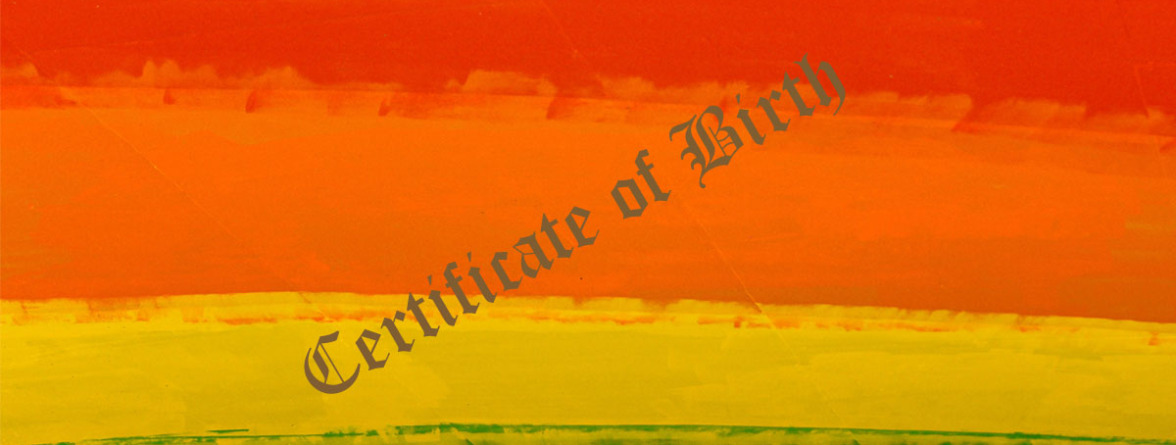Understanding LGBT Birth Certificates in California
July 21, 2019
Birth certificates are more than just a piece of paper that sits in a file cabinet. Not only are they an important identification document, but they are also commonly needed for divorce cases that involve children, are an important step in the LGBT surrogacy process, and of course come into play during adoption.
California is becoming increasingly LGBT-inclusive when it comes to birth certificates. As we discussed in a previous post, California birth certificates now offer multiple parental options. While there are still two spaces to list parents, the options include not only “mother,” and “father,” but also the gender-neutral “parent.” Additionally, these options can be listed in any combination. Furthermore, birth certificates may be amended if the gender given at birth does not align with one’s gender later in life.
In large part we owe these rights to the 2017 Gender Recognition Act. This law specifically enables “transgender, intersex and nonbinary people to obtain state-issued identity documents that accurately reflect their gender identity, making California the first state to not require people to officially identify as “male” or “female.” Instead, “non-binary” may be chosen. Importantly, this bill also streamlined the process to change one’s gender and name on identifying materials. This progressive law caused a domino effect around the country, with 11 states now boasting similar legislation.
Last year, AB 2490 built on this legislation, so that it may be accessible to folks from all walks of life. Called “Increasing Access to Identification for People Experiencing Homelessness,” this bill removes the $25-$30 fees for homeless individuals when they apply to receive their birth certificate directly from the state. This seemingly small hurdle is actually quite large for those with few financial resources, and this bill helps to reduce it. Yet, fees are not the only barrier. It is also the norm to request birth certificate copies from the county in which one was born. However, for those without a home, they may not know their county of birth. Or if they do know their county of birth, it may not be possible for them to return, because “LGBTQ young people are particularly likely to be experiencing homelessness as a result of family rejection, which can make it unsafe for them to return to their former homes to gain access to their identifying documents.”
Another bill passed last year, “SCR-110 Sex characteristics” also known as “Celebrating Intersex Infants and Families,” focuses not just on birth certificates — but also on medical procedures for newborns. As Equality California explains, “This resolution calls upon the medical community to discontinue medically unnecessary, nonconsensual, and often irreparably harmful sex assignment and genital “normalization” surgeries on intersex infants at birth. Instead, an intersex individual should decide for themselves whether to pursue surgery at all, at an age when informed consent is possible.” This is incredibly important both for intersex individuals, and also as a symbol of the right for one to have autonomy over their own body.
California’s history of progressive LGBT legislation, whether for equitable birth certificates or other causes, is a community effort. It truly “takes a village,” including leaders such as:
- Individual Californians like Miss Major and Evan Wolfson, who have served as trailblazers and public advocates for LGBT rights.
- Nonprofits such as Equality California and the National Center for Lesbian Rights, that push for LGBT rights in legislation.
- California’s LGBT caucus, which ensures that the LGBT community has a voice in politics.
- Countless community members, who participate in local organizing, which is exemplified by the fight for gay marriage in San Francisco and state-wide, which eventually played a large role in Obergefell v Hodges.
Working together, we’ve been able to create progressive laws that lead the nation in LGBT equality. The Gay Family Law Center, based in Los Angeles, is honored to be part of this incredible community. Through our family law practice, we advocate for LGBT individuals when it comes to adoption, LGBT divorce, estate planning, and more. If you’re seeking an attorney that has the LGBT community’s interests at heart, reach out to schedule a free, no-commitment consultation at our West Hollywood or Palm Springs locations.

